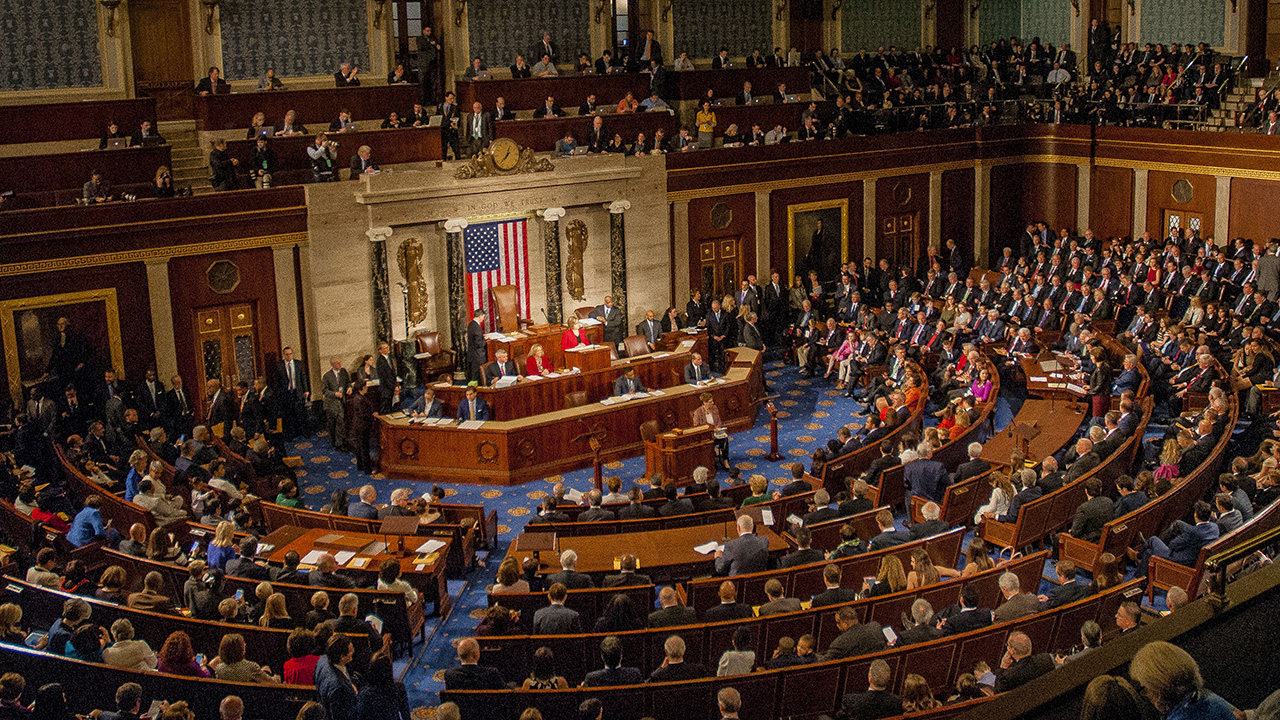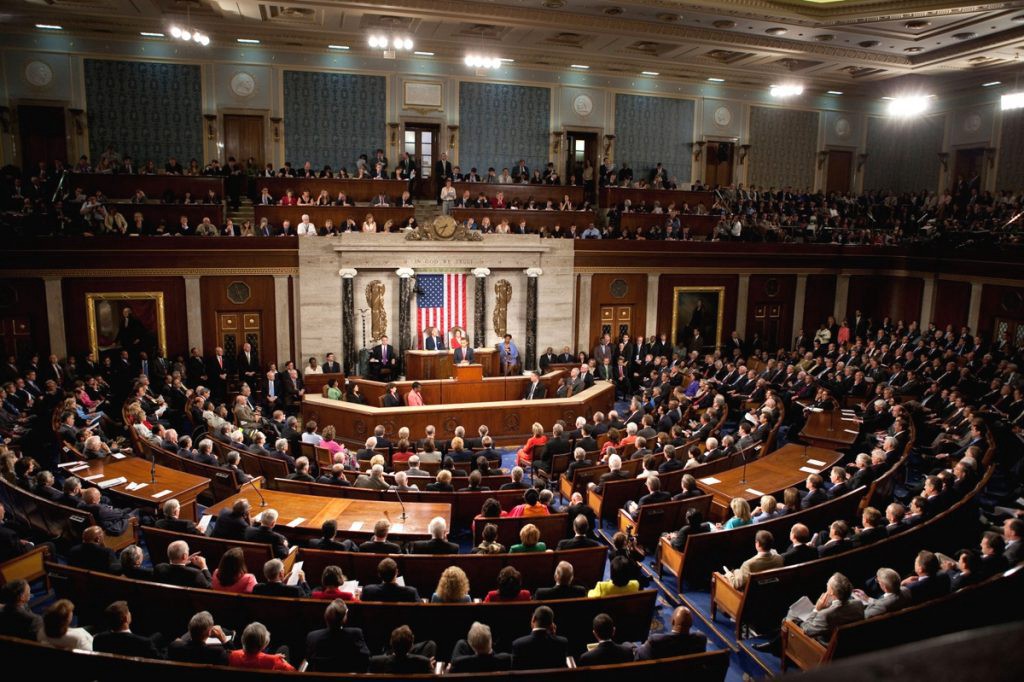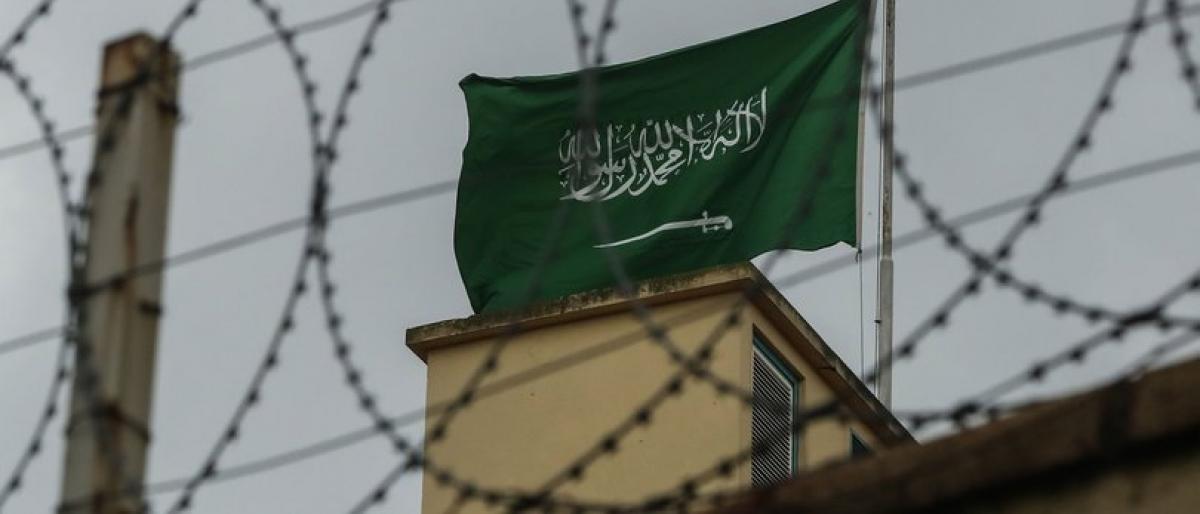The United States Constitution places Congress as a coequal branch of the Federal Government and specifically makes clear its authority to regulate and hold accountable the actions of the President, even in the field of foreign affairs. Federal statutes also lay out the mechanisms by which private arms sales can be made to foreign governments:[…]
The initiative led by Freedom House, letters in support of congressional funding for implementation of Global Magnitsky sanctions were signed by 50 organizations and individuals, and sent to the House and Senate Appropriations Committees. Background: The Global Magnitsky Human Rights Accountability Act (PL 114-328, Subtitle F) allows the president to block US visas and freeze[…]
The Ongoing Arrest and Detention of Women Human Rights Defenders In May 2019, Amnesty International marked Saudi Arabia’s disgraceful “Year of Shame” in remembrance of a year’s passing since the arrest of several prominent women human rights defenders (WHRDs). Amnesty International stated that “a year ago, the authorities started locking up some of Saudi Arabia’s[…]
On 5 July 2019, the United Nations (UN) Working Group on the issue of human rights and transnational corporations and other business enterprises; Special Rapporteur on extrajudicial, summary or arbitrary executions; Special Rapporteur on the promotion and protection of the right to freedom of opinion and expression; Special Rapporteur on the situation of human rights[…]
On 23 February 2019, Saudi Arabia appointed its first ever female ambassador, Princess Reema bint Bandar Al Saud. She will serve as the ambassador to the United States (US). She is a member of the royal family, and has been widely known for her advocacy work around women’s rights in the kingdom. She succeeds Prince[…]








